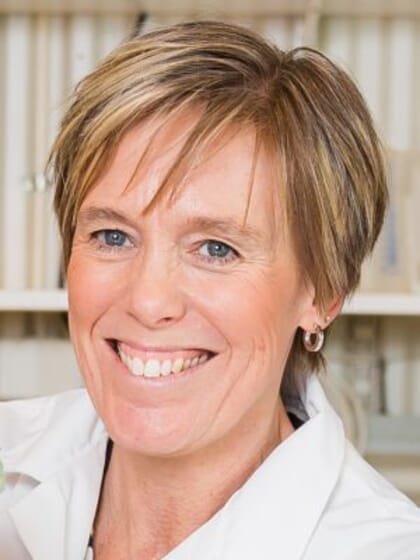She takes over from Bendik Fyhn Terjesen, who has headed the centre since its inception in 2015, and recently moved on to become Innovation Manager at Cermaq. Espmark is a senior scientist at Nofima in Norway and has long experience of research on welfare, quality and stress in farmed fish. Up until now she has also been the centre coordinator for CtrlAQUA.

© Terje Aamodt © Nofima.
“CtrlAQUA is working with issues that we believe are going to change the course of Norwegian fish farming. It is exciting to be allowed to be part of and to contribute to this reorganisation. To lead the Centre also provides a unique opportunity to become better acquainted with and work with the industry stakeholders who are concerned about the recirculating aquaculture systems (RASs) and closed technology,” says Espmark.
Seventeen partners from industry and academia collaborate closely on innovation in the centre, for the 8-year project. The collaboration contributes to a balance between the biological requirements of the fish, development in technology and the fish farmer’s requirements for operation and profitability.
The commercialisation of closed technology is well under way and Espmark is positive about the development.
“I believe it is clearly evident that we cannot base ourselves exclusively on traditional fish farming methods if we are to solve the challenges the industry currently faces with sea lice, as well as the desire for growth. Closed technology is a preventive method against sea lice. This is the right move for the future because it means that we do not have to handle the fish, with consequent bad fish welfare,” she says.
“Espmark has done an excellent job as the interim centre director. With this appointment we get both a skilled leader and preserve valuable continuity in CtrlAQUA,” adds Frode Mathisen of Grieg Seafood, who is chairman of CtrlAQUA.


